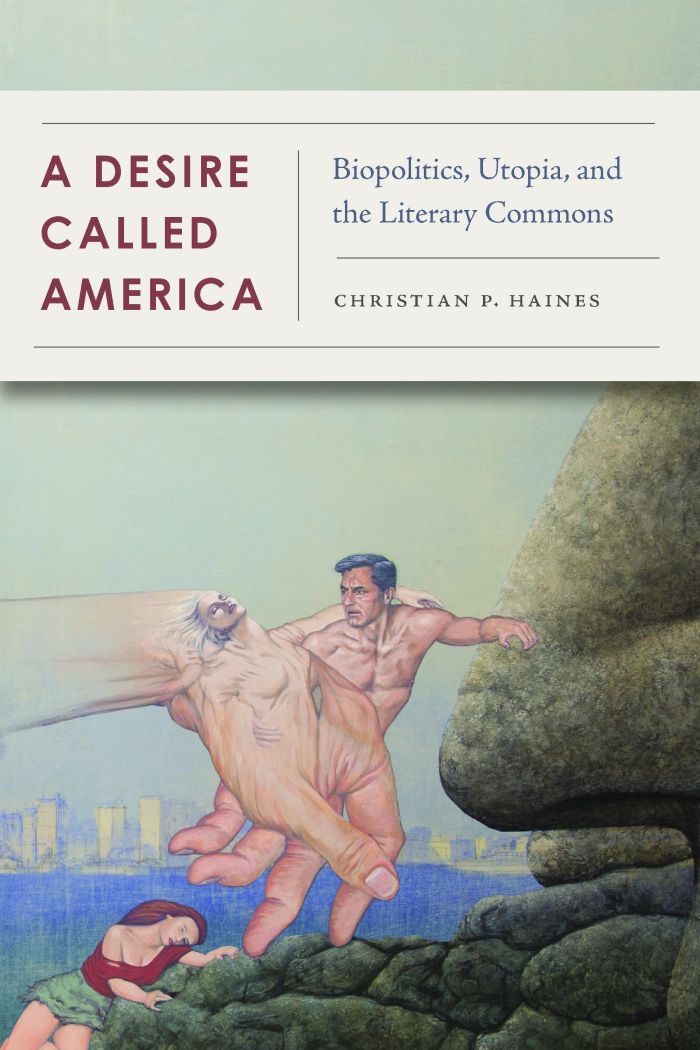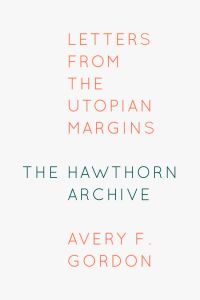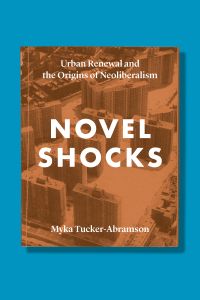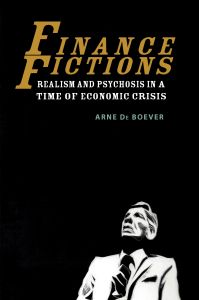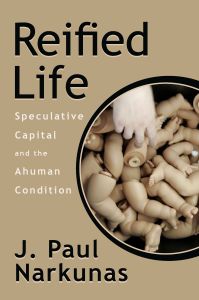A Desire Called America
Biopolitics, Utopia, and the Literary Commons

This book can be opened with

Critics of American exceptionalism usually view it as a destructive force eroding the radical energies of social movements and aesthetic practices. In A Desire Called America, Christian P. Haines confronts a troubling paradox: Some of the most provocative political projects in the United States are remarkably invested in American exceptionalism. Riding a strange current of U.S. literature that draws on American exceptionalism only to overturn it in the name of utopian desire, Haines reveals a tradition of viewing the United States as a unique and exemplary political model while rejecting exceptionalism’s commitments to nationalism, capitalism, and individualism. Through Walt Whitman, Emily Dickinson, William S. Burroughs, and Thomas Pynchon, Haines brings to light a radically different version of the American dream—one in which political subjects value an organization of social life that includes democratic self-governance, egalitarian cooperation, and communal property.
A Desire Called America brings utopian studies and the critical discourse of biopolitics to bear upon each other, suggesting that utopia might be less another place than our best hope for confronting authoritarianism, neoliberalism, and a resurgent exclusionary nationalism.
Drawing together autonomist and post-autonomist Marxism, theories of the biopolitical, and the long genealogy of critiques of exceptionalism, A Desire Called America imagines a bold new way forward for American Studies. Instead of the endlessly receding work of critique, in which each critical excoriation of exceptionalism is, in turn, interrogated for being insufficiently negative by the next, Christian Haines makes a bold turn to the positive, studying key texts of the national canon in order to see the surplus of radical political desire and biopolitical possibility that resist and form in contradiction with the discourse of exceptionalism.—Christopher Breu
Haines' book is guided by a remarkable ambition. Drawing on a large archive of recent debates, and discussing authors as diverse as Emily Dickinson and Thomas Pynchon, it unearths a novel understanding of what bio-politics might mean. In so doing it formulates original readings of a series of canonical American texts with special attention to what the denominator America might mean in them. In Haines' reading, America appears as neither national nor transnational, neither exceptional nor globalized, but as singular. Treating singularity as a rigorous philosophical concept Haines introduces us into unexpected encounters with texts and words we thought we already understood so well.—Branka Arsić, Columbia University
In this well-crafted, expertly researched... study, Haines finds the nexus of biopolitics, utopian desires, and literary critique called America... Highly recommended.
Christian Haines’s first book is a timely one. At a moment when the logics of American exceptionalism (e.g., “Make America Great Again”) have appeared to culminate in a bleak present whose dystopian mood is fed in part by the rise of neo-Fascist politics, rampant wealth inequality, capitalist violence, and a climate crisis that decimates non-human species and burns down cities and whose maximum effects we still tensely anticipate, Haines looks to literature from the American Renaissance (mid nineteenth-century) and postmodernism in order to recover a minor utopian tradition that offers from within exceptionalism a corrective to ideologies of exceptionalism and the systemic injustices that sustain and are sustained by such ideologies.
...the lively functioning of everyday commons in real space remains an as-yet underreported story. Haines’s richly researched, carefully argued, and amply explicated approach has a great deal to offer those concerned with such topics.
Introduction: Impossibly American | 1
1. A Revolutionary Haunt: Utopian Frontiers
in William S. Burroughs’s Late Trilogy | 33
2. The People and the People: Democracy and Vitalism
in Walt Whitman’s 1855 Leaves of Grass | 74
3. Nobody’s Wife: Affective Economies of Marriage
in Emily Dickinson | 114
4. Idle Power: The Riot, the Commune, and Capitalist Time
in Thomas Pynchon’s Against the Day | 157
Coda: Assembling the Future | 205
Acknowledgments | 209
Notes | 213
Index | 241

